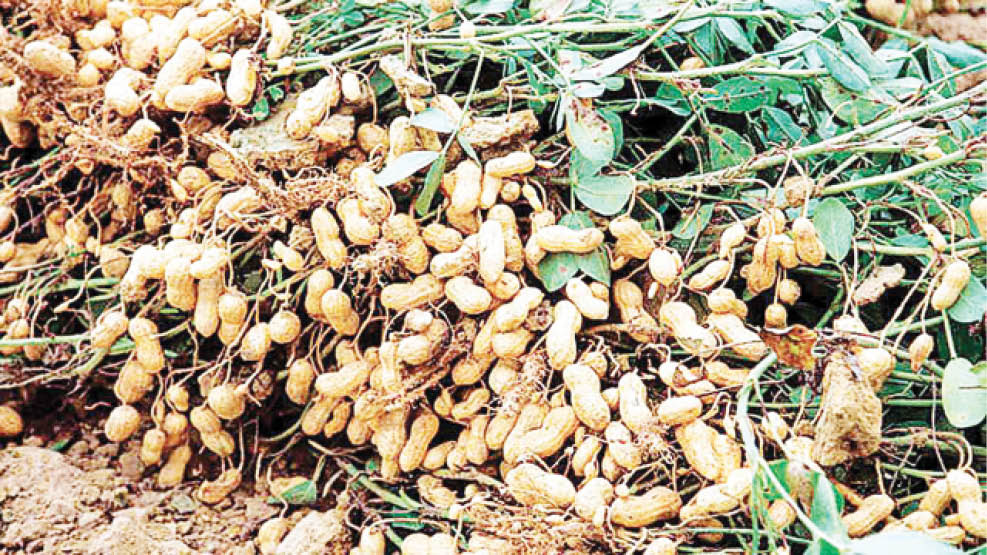One of the major medicinal plants that research and development have shown can conveniently be used for the treatment of diabetes is an indigenous oilseed grown in most parts of Nigeria.
It is a multipurpose oil-seed legume, which offers benefits in many ways.
- ‘Diabetes may kill 240 million by 2045’
- Senate to FG: Remove VAT, import duty on malaria, diabetes’ drugs
It can be grown in all the 36 states of the federation and the Federal Capital Territory, Abuja.
According to the research, from the Raw Material Development Council (RMRDC), the seeds contain carbohydrate (10% to 20%), protein (16% to 36%), and oil (36% to 54%) as major constituents.
The Director General of RMRDC, Prof. Hussaini D. Ibrahim, said the crop also contains many important functional components, including coenzyme Q10, arginine, and polysterols, which make it a functional food.
Beneficial minerals such as calcium, iron, magnesium, phosphorus, manganese, sodium, potassium, zinc, copper and selenium are also present in the seed, the DG said.
Diabetes mellitus (DM) is a heterogeneous group of metabolic disorders with micro and macrovascular complications which are the major causes of morbidity and mortality in diabetic patients.
According to Dr. Femi Ibidungba, it is a syndrome of impaired carbohydrate, fat and protein metabolism caused by either lack of insulin secretion or decreased sensitivity of the tissues to insulin.
He said DM is a chronic debilitating disease associated with severe complications like cardiovascular disease, nephropathy, neuropathy and retinopathy, adding that genetic and environmental factors contribute significantly to the development of diabetes.
He said during the development of diabetes, the cells of the body cannot metabolise sugar properly due to deficient action of insulin on target tissues resulting from insensitivity or lack of insulin.
The doctor explained further that there were various types of diabetes with type 1 DM (T1DM) and type 2 DM (T2DM) the most common.
“The T1DM is also known as insulin-dependent diabetes. On the other hand, T2DM, also known as non-insulin-dependent diabetes, results from the body’s ineffective use of insulin and hyperglycemia and accounts for the vast majority of people with diabetes around the world,’’ he said.
If not properly treated or controlled, the doctor said diabetes could cause blindness, kidney failure, lower limb amputation, and other long-term consequences that impact negatively on the quality of life.
In view of the increasing cases of diabetes in Nigeria, the Director-General of the RMRDC, said the council undertook a study to investigate the hypoglycemic effect of the indigenous oilseed which has been used in traditional medicine to manage diabetes and to develop cheap and readily available anti-diabetic drugs from it.
“An active amide anti-diabetic agent was isolated from the plant following activity-guided fractionation. The extracts showed that it possesses significant hypoglycemic and hypolipidaernic effects and can be used as potential anti-diabetic agents,’’ the DG added.
In view of this, the council, in collaboration with some mandated research institutes, has put in place measures to promote commercial production of the drug. The outcome has been patented and three investors in the pharmaceutical sector of Nigeria have indicated interest in its commercial production.
“It is the belief of RMRDC that if the medicine is commercially produced and adequately popularized, it will assist in increasing the volume of economic and industrial production activities in the pharmaceutical sector of the nation in addition to generation of foreign exchange for the country,’’ the DG said.

 Join Daily Trust WhatsApp Community For Quick Access To News and Happenings Around You.
Join Daily Trust WhatsApp Community For Quick Access To News and Happenings Around You.

